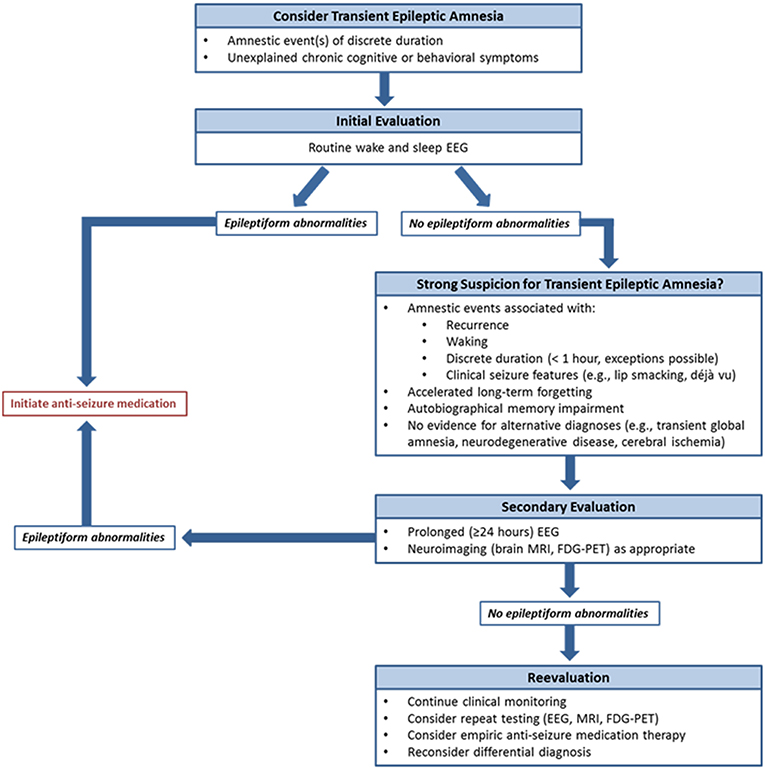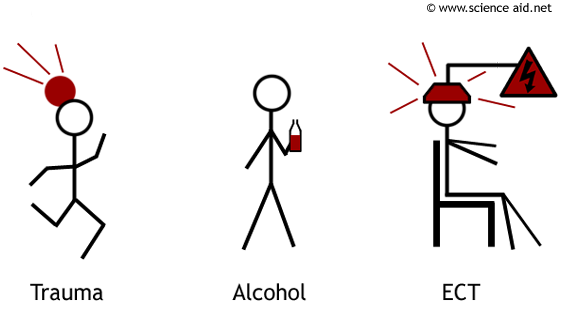What Causes Transient Epileptic Amnesia
Epilepsy is a fascinating and complicated neurological disorder that impacts millions of individuals worldwide. One of the lesser-known forms of epilepsy is Transient Epileptic Amnesia (TEA), which can cause temporary memory loss and confusion. It is a treatable condition that can be managed through medication and lifestyle changes.
What is Transient Epileptic Amnesia?
Transient Epileptic Amnesia is a rare form of epilepsy that affects memory. Patients with TEA typically experience sudden episodes of memory loss lasting several hours that are frequently misinterpreted as a transient ischemic attack or stroke. Memory loss can range from a few minutes to several hours, and it is typically followed by a period of confusion.
TEA episodes are often triggered by emotions or stress and can occur during sleep or when patients are awake. TEA can be challenging to diagnose, as patients often assume their memory lapses are caused by stress, anxiety, or simply getting older, and do not seek medical help for years. However, with a proper diagnosis, TEA is a treatable disease that can be managed to prevent further memory loss and confusion episodes.
Causes of Transient Epileptic Amnesia
TEA is caused by an abnormal electrical activity in the brain's temporal lobes, which are responsible for memory function. The reasons why TEA develops are still not clear, but the most common trigger seems to be stress or emotional events. Although the patients appear well between episodes, repeated seizures can lead to a deterioration of cognitive functioning over time.
At times, the diagnosis of TEA can be challenging as the cause of memory loss can be anything ranging from a medication side-effect to an underlying neurological condition. However, neuroimaging studies can help in understanding the cause of memory loss and focus of treatment. Notably, accurate diagnosis is critical for preventing further damage to cognitive functioning.
Management of Transient Epileptic Amnesia
TEA is managed with antiepileptic drugs, specifically ones that target temporal lobe activity. These medications aim to control and reduce the frequency of seizures, reduce the intensity of memory lapses and confusion, and promote long-term retention of memory.
In addition to medication, TEA can be managed through lifestyle changes, stress reduction, good sleep hygiene, and cognitive rehabilitation. Cognitive rehabilitation can refresh and refocus the brain, providing strategies to cope with memory loss and protection to cognitive functioning.
The Importance of Accurate Diagnosis of Transient Epileptic Amnesia
TEA is a treatable neurological condition; therefore, accurate diagnosis is critical in the long-term care of patients. An accurate diagnosis helps reduce the likelihood of repeated episodes of memory lapses and confusion, prevents further damage to cognition and improves prognosis. Early diagnosis is critical as it helps put in place management strategies and improve the prognosis considerably.
Conclusion
Epilepsy is a complicated neurological condition that comes in several different forms, including TEA, which causes temporary memory loss and confusion. It is a treatable condition that can be managed through medication and lifestyle changes. If you or someone you know experiences memory lapses or confusion, don't ignore it – seek help from a medical professional who can properly diagnose and treat the condition.

Image 1: Transient Epileptic Amnesia
TEA is a treatable form of epilepsy that can cause temporary memory loss and confusion. The diagnosis of TEA can be challenging, but with accurate diagnosis, management is possible, preventing further damage to cognitive functions.

Image 2: Amnesia
Amnesia is a neurological condition that can cause a complete or partial loss of memory. It can be caused by a traumatic brain injury, stroke, or a side effect of medication. Amnesia is different from TEA, which results from an abnormal electrical activity in the brain's temporal lobes